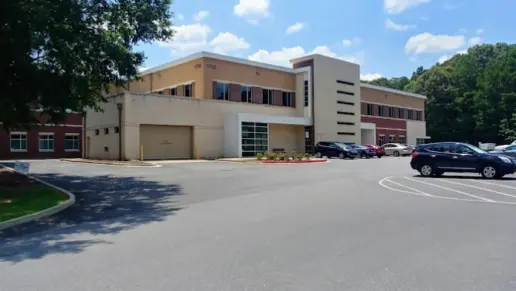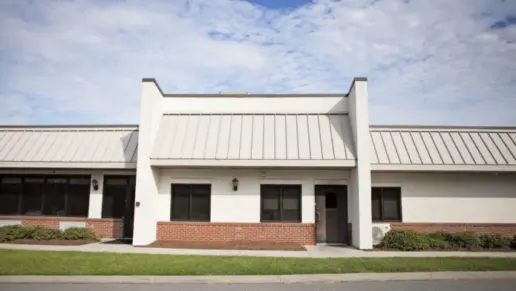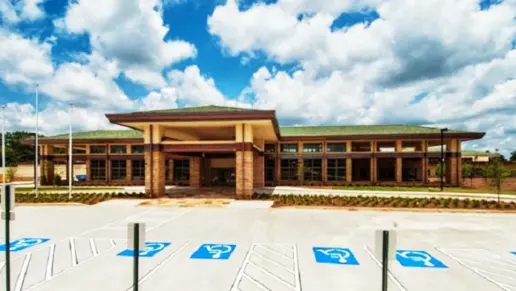Not rehab but a homeless shelter for women and children. Staff is very disrespectful. Clients are barely fed
About Atlanta Mission – My Sister’s House
Atlanta Mission – My Sister’s House is a substance use disorder recovery and homeless shelter for women and children in the Atlanta, Georgia area. This is a Christian facility that helps you in all areas of your life.
This facility is first and foremost a homeless center that assists women and women with children who have no place to go or who need additional counseling. If you are seeking addiction recovery, they require that you be drug free for at least 72 hours before entering and alcohol free for at least 24 hours. Once you are admitted here, you can only leave on free time or after showing a work schedule or doctor’s appointment confirmation.
While here, you are responsible to help with chores, attend group classes for two hours a day and meet with social services to set up counseling. Your counseling sessions will help you get to the root causes of your addiction and life challenges. You have a curfew time to be in your room.
If your needs are greater than what they can help with, you may be referred to another agency to help you. If inpatient detox is required, you will be referred to another program.
They want to help you spiritually to find a relationship with God. They believe that through that relationship, He can help you improve your life. They have daily devotionals and Bible classes, along with chapel, Bible studies, spiritual formation classes and small groups.
This center is supported by donations and volunteers. Most of the cleaning is done by you and the others who are staying there. You may also have community assignments. This center wants to help you become a part of the community and learn of the resources that can help you and help you give back to the community that is supporting your recovery.
Latest Reviews
Rehab Score
Gallery
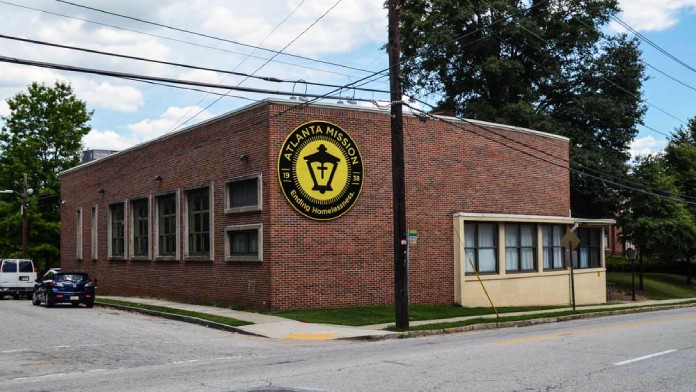
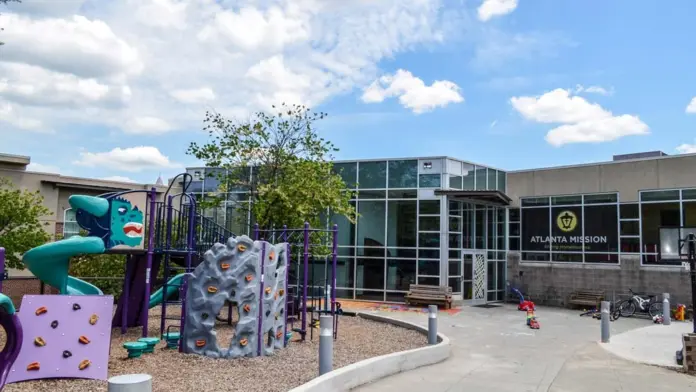
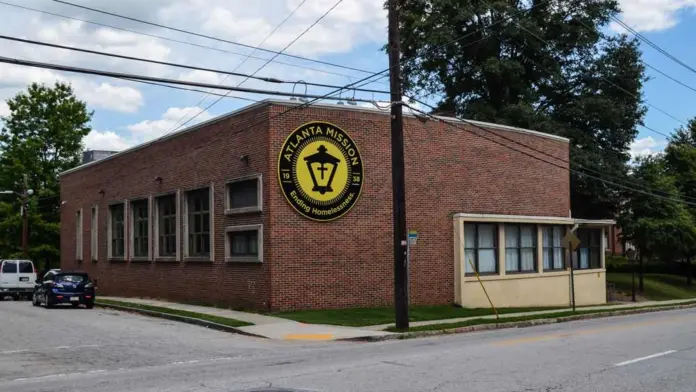
Location
Other Forms of Payment
Self-pay involves paying for treatment out of your own pocket. You can use savings or credit, get a personal loan, or receive help from family and friends to fund your treatment. If you don't have insurance or your insurance plan doesn't cover a specific program, self-pay can help ensure you still get the care you need.
Addiction Treatments
Levels of Care
Treatments
The goal of treatment for alcoholism is abstinence. Those with poor social support, poor motivation, or psychiatric disorders tend to relapse within a few years of treatment. For these people, success is measured by longer periods of abstinence, reduced use of alcohol, better health, and improved social functioning. Recovery and Maintenance are usually based on 12 step programs and AA meetings.
A quality drug rehab in Georgia can help you overcome addiction. This environment is designed to help you address the complex issues contributing to drug dependence. The goal of treatment is to give you the tools you need to make a full recovery.
Opioid rehabs specialize in supporting those recovering from opioid addiction. They treat those suffering from addiction to illegal opioids like heroin, as well as prescription drugs like oxycodone. These centers typically combine both physical as well as mental and emotional support to help stop addiction. Physical support often includes medical detox and subsequent medical support (including medication), and mental support includes in-depth therapy to address the underlying causes of addiction.
Substance rehabs focus on helping individuals recover from substance abuse, including alcohol and drug addiction (both illegal and prescription drugs). They often include the opportunity to engage in both individual as well as group therapy.
Programs


Clinical Services
Group therapy is any therapeutic work that happens in a group (not one-on-one). There are a number of different group therapy modalities, including support groups, experiential therapy, psycho-education, and more. Group therapy involves treatment as well as processing interaction between group members.
In individual therapy, a patient meets one-on-one with a trained psychologist or counselor. Therapy is a pivotal part of effective substance abuse treatment, as it often covers root causes of addiction, including challenges faced by the patient in their social, family, and work/school life.
Life skills trainings involve all the skills a person must have in order to function successfully in the world. These include time management, career guidance, money management, and effective communication. Truly successful addiction recovery is based on the ability to not only live substance-free, but to thrive. Life skills teaches the practical necessities of functioning in society, which sets clients up for success in life, and therefore sobriety.
Recreational therapy (aka therapeutic recreation) uses creative and fun activities to help with addiction recovery. Recreational therapists lead patients in entertaining and engaging activities like sports or games; art (drawing, painting, sculpture); drama, music, and dance; and/or community outings (field trips) to improve patients' physical, social, and emotional well-being.
Amenities
-
Residential Setting
-
Private Setting
Staff
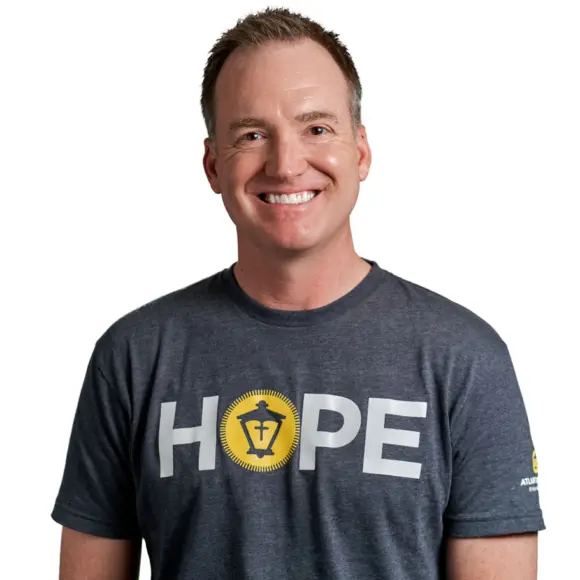
President & CEO
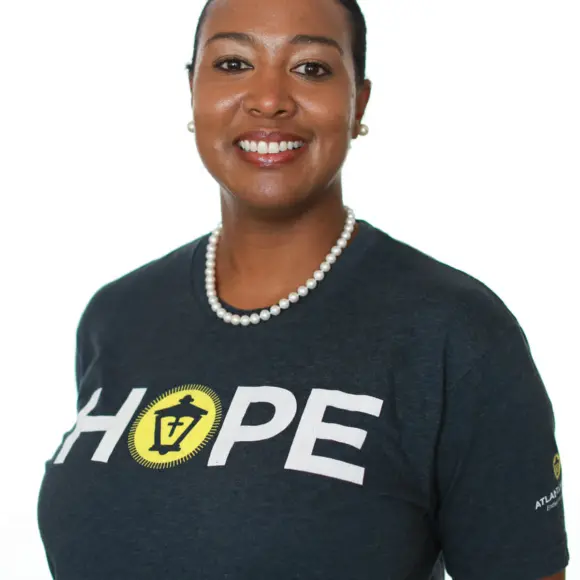
Chief Program Office
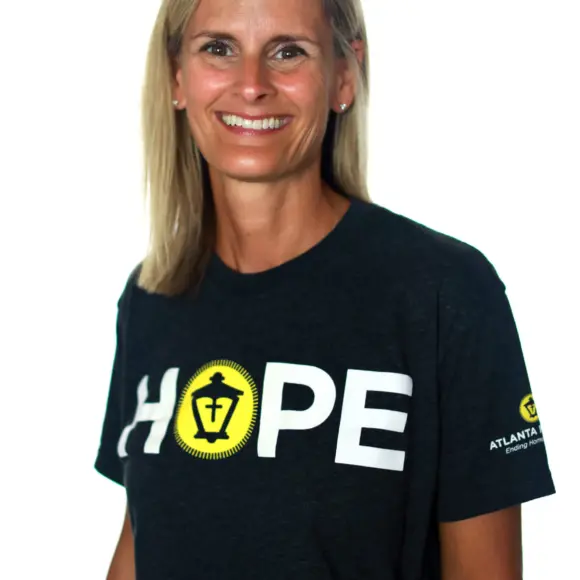
Chief Development Officer
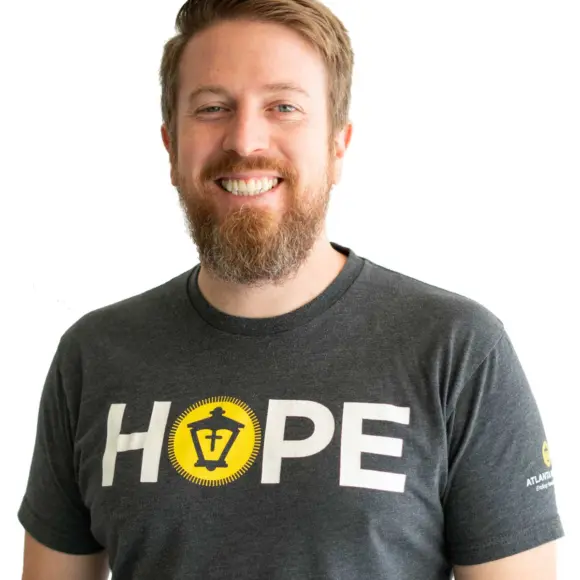
CIO
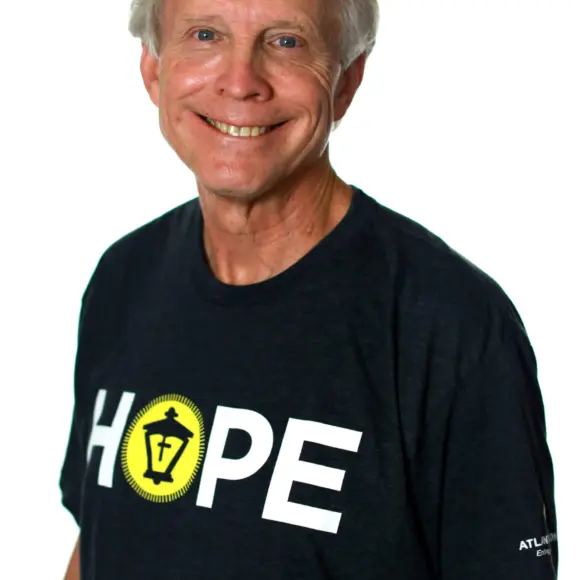
CFO
Contact Information
921 Howell Mill Road
Atlanta, GA 30318
